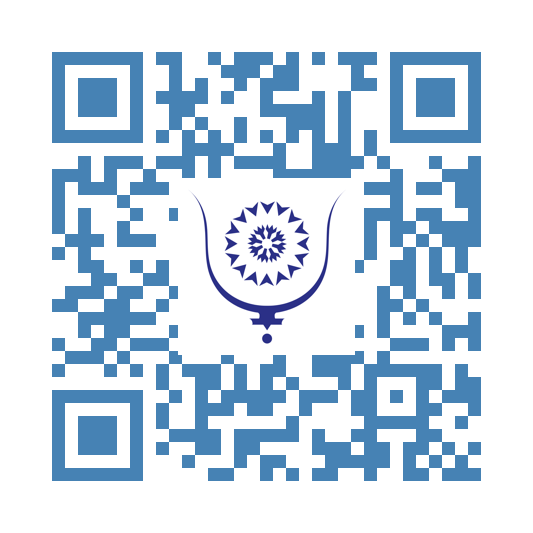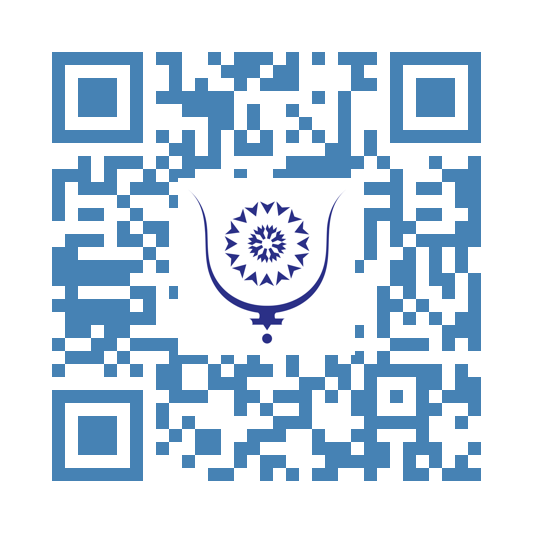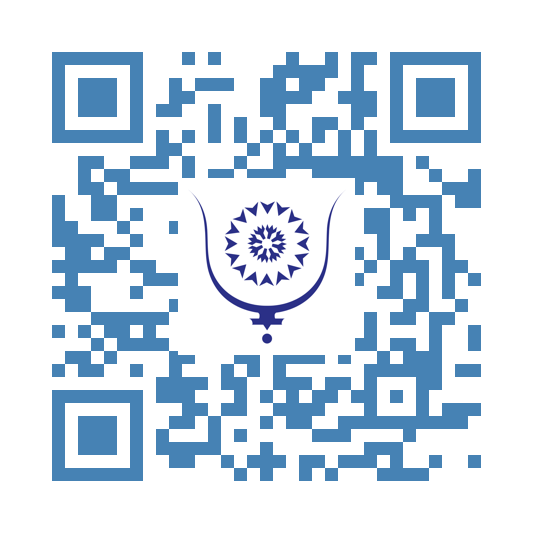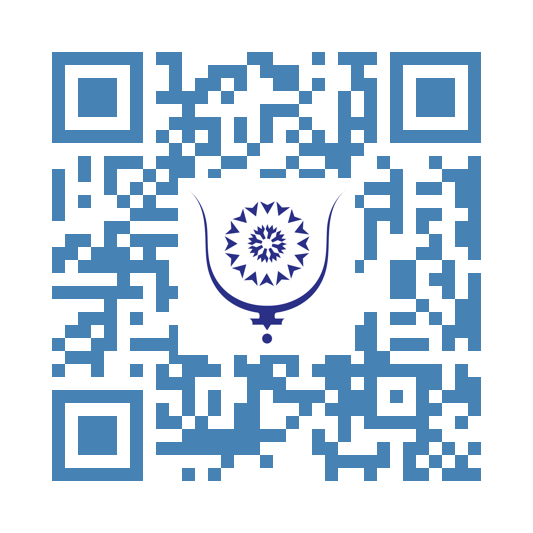Skip the noise. Inside Bluwr’s Discord, you’ll connect with real writers who give precise, helpful advice: so every piece you post gets better, faster.

God surely forgives lies for a good cause Part 1 5180
God certainly forgives lying for a good cause. Part 2 4967
I Saw Aicha Kandisha, And I Am Cursed To Never Forget 6484
We cannot guarantee what's on the other side of this link:
https://medium.com/entropies/i-saw-aicha-kandisha-and-i-am-cursed-to-never-forget-34da199284db
How My Cat is Enhancing My PhD Experience 5207
Cuteness With a Bite: The Slow Loris 4975
Accelerating Team Human 5490
We cannot guarantee what's on the other side of this link:
The greatest error I made as a creator was assuming I already had an audience. 5543
Publishing Experience: Connecting Research and Communities 5571
We cannot guarantee what's on the other side of this link:
Mother tongue in education: a development imperative... 5015
Everyone nowadays claims to be an AI expert, a concerning reality! 5155
Is daily posting on LinkedIn a waste of time? What should you do instead? 5486
We cannot guarantee what's on the other side of this link:
Strategic Shift from Daily LinkedIn Posts to Thoughtful Writing on Bluwr 5086
Crosscountry World Championships: Africa dominates without question... 5318
13th african games: exceptional results in athletics 5113
We cannot guarantee what's on the other side of this link:
Do we still have the luxury of not using artificial intelligence? 5290
We cannot guarantee what's on the other side of this link:
Human Writing VS AI Writing 5411
Rethinking Productivity in PhD Studies for Better Results 5486
PhD Balance Achieving Expertise and Broad Perspectives 5491
[Meditation #1 ] Wake up 5603
We cannot guarantee what's on the other side of this link:
https://drive.google.com/file/d/1xzdKVR-Ra83Hlt17ln7Ko1aPELstNwT2/view?usp=sharing
13th All Africa Games, athletics ends in apotheosis 5345
What Led to More Specialists Than Philosophers in Academia? A PhD Student’s Perspective 5357
ABOUT ME 5141
We cannot guarantee what's on the other side of this link:
13th All Africa Games: Athletics, the show goes on for the 4th day 5445
Mistakes People Make When Bitten by Snakes & Correct Actions to Take 5807
All African Games: A third magnificent day of athletics 5431
What is the most expensive liquid on Earth? 6012
13th Accra African Games, Athletics at a top level ... 5496
Athletics puts the 13th All African Games in orbit... 5330
Digital: The perfect undying art 6328
Beyond Good and Evil 5955
The Coolest Team-Up: AI and Venom Research 5823
We cannot guarantee what's on the other side of this link:
https://www.sciencedirect.com/science/article/pii/S2590098623000258































